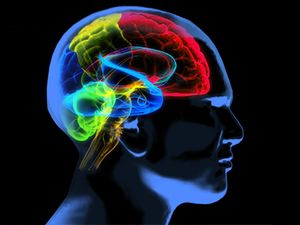New Delhi, January 14 (IANS). According to a report, new expensive and disease-modifying treatments are expected to boost the growth of the Alzheimer’s disease market globally.
According to the report of a data and analytics company named GlobalData, this increase will be especially visible in 8 big markets like America, France, Germany, Italy, Spain, Britain, Japan and China.
The report estimates that the Alzheimer’s disease market in these countries will grow from $2.4 billion in 2023 to $19.3 billion by 2033. It will grow at an annual growth rate of 23.4%.
The entry of expensive disease-modifying drugs into the market will increase treatment options, which will increase cure rates. Apart from this, due to increase in aging population, cases of Alzheimer’s will increase. The arrival of new medicines for symptoms like anxiety and psychosis will also increase the market.
By 2033, these drugs will capture 73.5% of the Alzheimer’s market. Most of these medicines will be based on ‘amyloid beta’.
However, expensive and complex procedures can act as a barrier because these drugs are often given by injection, and require techniques such as PET or MRI scans, which are expensive and limited in availability.
Disease-modifying drugs cost much more than the cheaper drugs currently in use. Due to this, there may be problems related to reimbursement and policy in delivering these to the patients.
This report shows that despite the advent of new treatment options, affordable and accessible treatment for diseases like Alzheimer’s still remains a challenge.
To deal with this, drug companies are exploring new ways of delivering drugs, such as oral medications. This will make it easier for doctors to provide treatment to patients.
Disease-modifying drugs cannot completely prevent the disease, so there is a need for drugs that not only stop the disease from progressing but also cure it completely.
In addition, medicines are also needed that help the brain function properly in the late stages of the disease and also cure other problems like irritability and confusion.
–IANS
AS/










